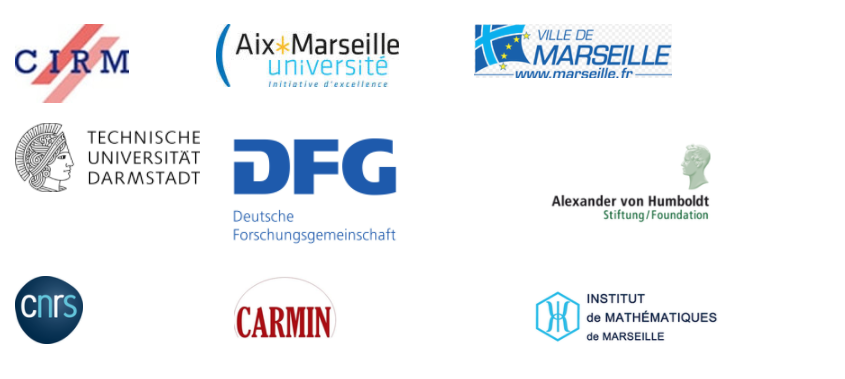DESCRIPTION The field of Nonlinear PDEs in Fluid Dynamics has seen tremendous scientific activities in the last years, which are due to the facts that the underlying governing equations have a very complex structure and, on the other hand, that these equations form a building block for other disciplines in sciences. The mathematical investigations of these systems often follow their traditional lines. Essential progress on certain problems was, however, often based on techniques which were well-known only in other areas or disciplines. This is where the conference comes into its own: besides the investigation of the most recent results on the underlying equations and phenoma, special emphasis will be put to foster the interaction between more fundamental methods in pure mathematics and current questions arising in the theory of the Navier-Stokes and the Euler equations, in deterministic and stochastic models of complex fluids and in free boundary value problems. Special sessions will be devoted to the presentations of results of younger participants. TOPICS To include: * global well-posedness and regularity of thr Navier-Stokes and Euler equations * geophysical flows * free boundary value problems * nonhomogeneous fluids * complex fluids such as liquid crystals or viscoelastic fluids * fluid structure interaction * stability and asymptotic properties | SCIENTIFIC COMMITTEE
ORGANIZING COMMITTEE
SPEAKERS / PARTICIPANTS
In addition, we plan to have 8 short talks of 15 minutes each by PhD students on Tuesday evening. |





